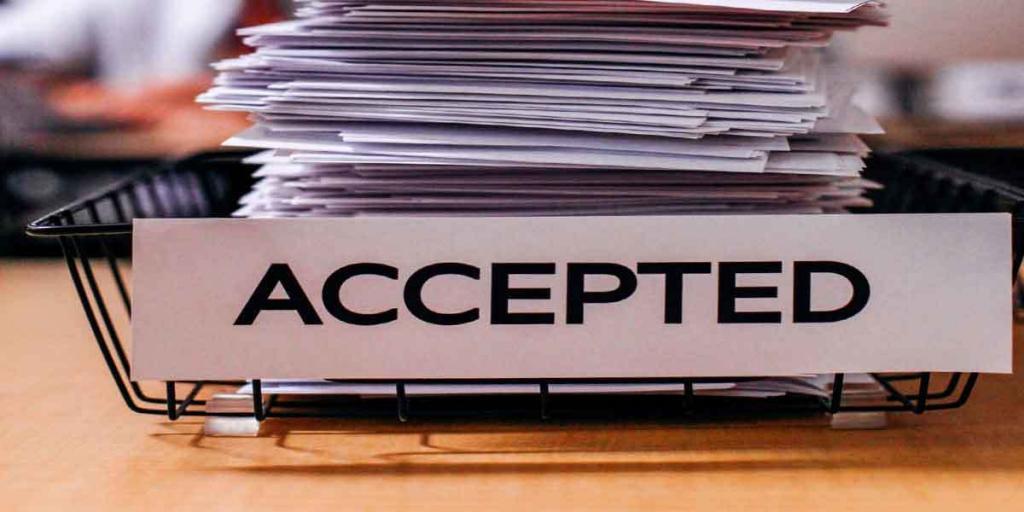Creating a Legal Will in New York: A Comprehensive Guide
At Morgan Legal Group, located in New York City, we specialize in estate planning, probate, elder law, wills, and trusts. Creating a legal will is a critical component of estate planning, ensuring that your wishes are honored and your estate is protected. This detailed guide will provide an in-depth look at the importance of a legal will, the process of creating one, and how our legal services can assist you under New York State law.
The Importance of a Legal Will
A legal will, also known as a last will and testament, is a document that outlines how your assets will be distributed after your death. It allows you to specify who will receive your property, name guardians for minor children, and appoint an executor to manage your estate. Here are some reasons why a legal will is essential:
Control Over Asset Distribution
A will ensures that your assets are distributed according to your wishes. Without a will, the state will determine how your property is divided, which may not align with your preferences.
Protection for Minor Children
If you have minor children, a will allows you to appoint a guardian to care for them in the event of your passing. This ensures that your children are cared for by someone you trust.
Minimizing Family Disputes
By clearly outlining your wishes in a legal document, you can minimize the potential for disputes among family members regarding the distribution of your assets.
Appointing an Executor
A will allows you to appoint an executor who will be responsible for managing your estate, paying debts, and distributing assets according to your instructions.
Requirements for a Legal Will in New York
Creating a legal will in New York requires adherence to specific legal requirements to ensure its validity. Here are the key requirements:
Age and Mental Capacity
To create a will in New York, you must be at least 18 years old and of sound mind, meaning you understand the nature of the document and the consequences of its provisions.
Written Document
The will must be in writing. Oral wills are not recognized in New York, except under very limited circumstances for members of the armed forces and mariners at sea.
Signature and Witnesses
The will must be signed by the testator (the person creating the will) in the presence of at least two witnesses. The witnesses must also sign the will, attesting that they observed the testator sign the document and that the testator appeared to be of sound mind.
Steps to Creating a Legal Will
Creating a legal will involves several important steps. Working with an experienced estate planning attorney can help ensure that your will is comprehensive and legally valid. Here is an overview of the process:
1. Assess Your Assets
Begin by taking an inventory of your assets, including real estate, bank accounts, investments, personal property, and any other valuable possessions. This will help you determine what you have to distribute.
2. Determine Your Beneficiaries
Decide who will receive your assets. Beneficiaries can include family members, friends, charities, and other organizations. Be specific about who will receive what and in what proportions.
3. Appoint a Guardian for Minor Children
If you have minor children, appoint a guardian to care for them in the event of your passing. Choose someone you trust and who is willing to take on this responsibility.
4. Choose an Executor
Select an executor who will be responsible for managing your estate, paying debts, and distributing assets according to your will. This person should be trustworthy, organized, and capable of handling financial matters.
5. Draft the Will
Work with an experienced estate planning attorney to draft your will. The attorney will ensure that the document complies with New York State law and accurately reflects your wishes.
6. Sign the Will
Sign your will in the presence of at least two witnesses. The witnesses must also sign the document, attesting that they observed you signing the will and that you appeared to be of sound mind.
7. Store the Will Safely
Store your will in a safe place where it can be easily accessed by your executor upon your passing. Inform your executor and other trusted individuals of the location of the will.
Updating Your Will
It is important to regularly review and update your will to ensure that it reflects any changes in your life, such as marriage, divorce, the birth of a child, or significant changes in your financial situation. Your attorney can assist you in making these updates to ensure that your will remains accurate and legally valid.
When to Update Your Will
Consider updating your will in the following situations:
- Marriage or Divorce: Changes in marital status can significantly impact your will.
- Birth or Adoption of a Child: Ensure that your will includes provisions for any new children.
- Significant Changes in Assets: Update your will to reflect any major changes in your financial situation.
- Death of a Beneficiary or Executor: If a named beneficiary or executor passes away, update your will to designate new individuals.
How Morgan Legal Group Can Help
At Morgan Legal Group, we have extensive experience in estate planning and can help you create a comprehensive, legally valid will that meets your specific needs. Here’s how we can assist you:
Personalized Legal Advice
We provide personalized legal advice based on your unique situation and goals. Our attorneys will help you understand the legal requirements for creating a will and recommend strategies to achieve your estate planning objectives.
Drafting and Reviewing Documents
Our attorneys can draft and review your will to ensure that it is clear, comprehensive, and legally valid. We also assist with any necessary updates over time.
Guidance Through the Process
We guide you through the entire process of creating a will, from initial consultation to execution. Our attorneys ensure that all legal requirements are met and that your wishes are accurately reflected in the document.
Comprehensive Estate Planning
Creating a will is just one aspect of comprehensive estate planning. We offer a range of services, including trusts, powers of attorney, and healthcare directives, to ensure that all aspects of your estate are properly managed.
Conclusion
Creating a legal will is a critical step in protecting your assets and ensuring that your wishes are honored. At Morgan Legal Group, we are committed to helping you navigate the complexities of estate planning and providing the best possible legal services. Contact us today to schedule a consultation with an experienced estate planning attorney and start planning for your future.
Frequently Asked Questions
What is a legal will?
A legal will, also known as a last will and testament, is a document that outlines how your assets will be distributed after your death, names guardians for minor children, and appoints an executor to manage your estate.
Why is it important to have a will?
Having a will ensures that your assets are distributed according to your wishes, provides protection for minor children by appointing a guardian, minimizes family disputes, and allows you to appoint an executor to manage your estate.
What are the requirements for a legal will in New York?
To create a legal will in New York, you must be at least 18 years old and of sound mind, the will must be in writing, and it must be signed by the testator in the presence of at least two witnesses who also sign the document.
How often should I update my will?
You should review and update your will regularly, especially after significant life events such as marriage, divorce, the birth of a child, or major changes in your financial situation.
How can Morgan Legal Group help with creating a will?
Morgan Legal Group provides personalized legal advice, drafts and reviews wills, guides you through the process of creating a will, and offers comprehensive estate planning services to ensure that all aspects of your estate are properly managed.









